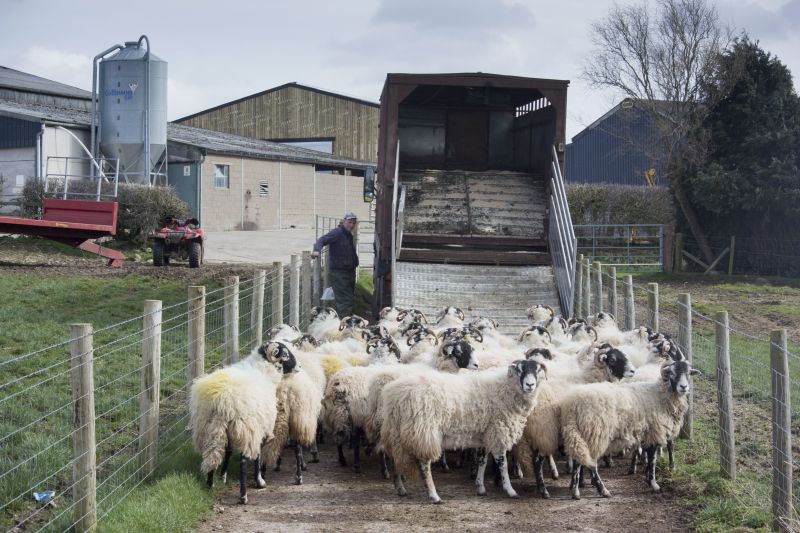
The UK’s listed status application has been agreed by EU member states after it met the animal health and biosecurity assurances required for a third country to export live animals and animal products.
This confirmation is part of the EU’s published no deal contingency planning – without it, exports of animal products and most live animals to the EU could not take place in the event of a no-deal exit from the EU on April 12.
The EU’s Standing Committee on Plants, Animals, Food and Feed (SCoPAFF) confirmed the acceptance of the UK’s listed status application.
National listed status is the EU’s classification for non-member states and the UK’s application, submitted in November 2018, has passed the high criteria on biosecurity measures for animal health and food hygiene.
The NFU said it is 'reassuring' to hear the announcement. However, it said that if the UK does leave the EU without a deal then British exports will still face significant barriers and the imposition of high tariffs.
NFU President Minette Batters said: “Even with third country listing, a no-deal Brexit could have catastrophic impacts on food and farming in Britain.
“Over 60% of British agri-food exports go to the EU so it is essential that we maintain a close relationship with our biggest international trading partner – one that is as free and frictionless as possible.”
UK exports of animals and their products to the EU will need to go through an EU Border Inspection Post and businesses will still require an Export Health Certificate (EHC) and meet its requirements
With listed status now confirmed, exporters will need to follow the EU rules for exports from third countries to the EU.
In a deal scenario, the UK will not need to be listed during the implementation period. To give certainty to businesses and citizens, common rules will remain in place until the end of the implementation period meaning businesses will be able to trade on the same terms as now up until the end of 2020.
